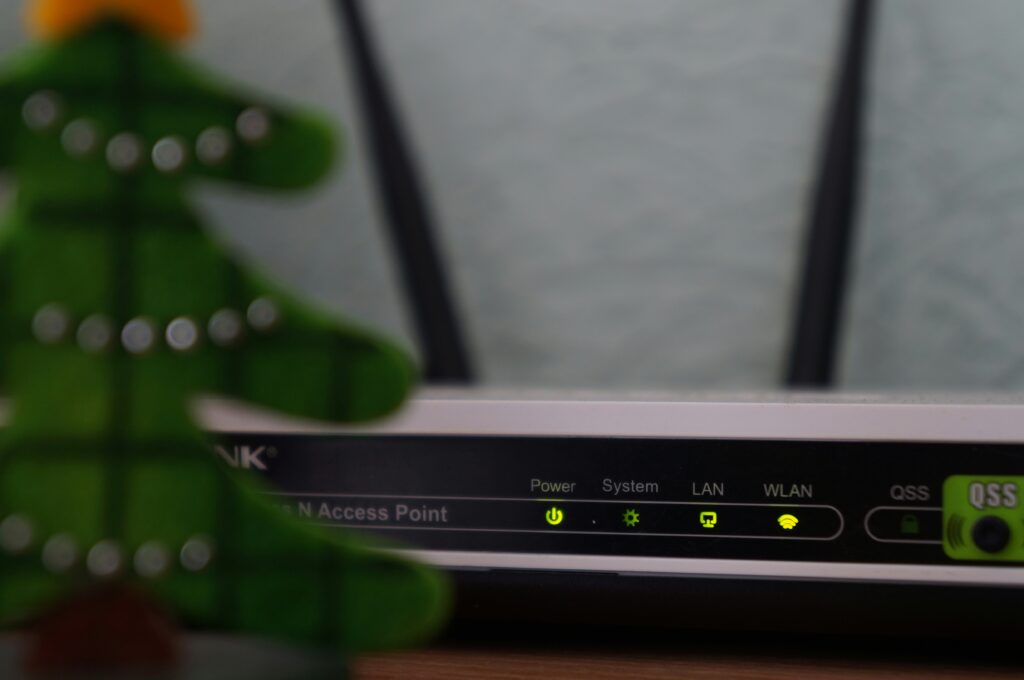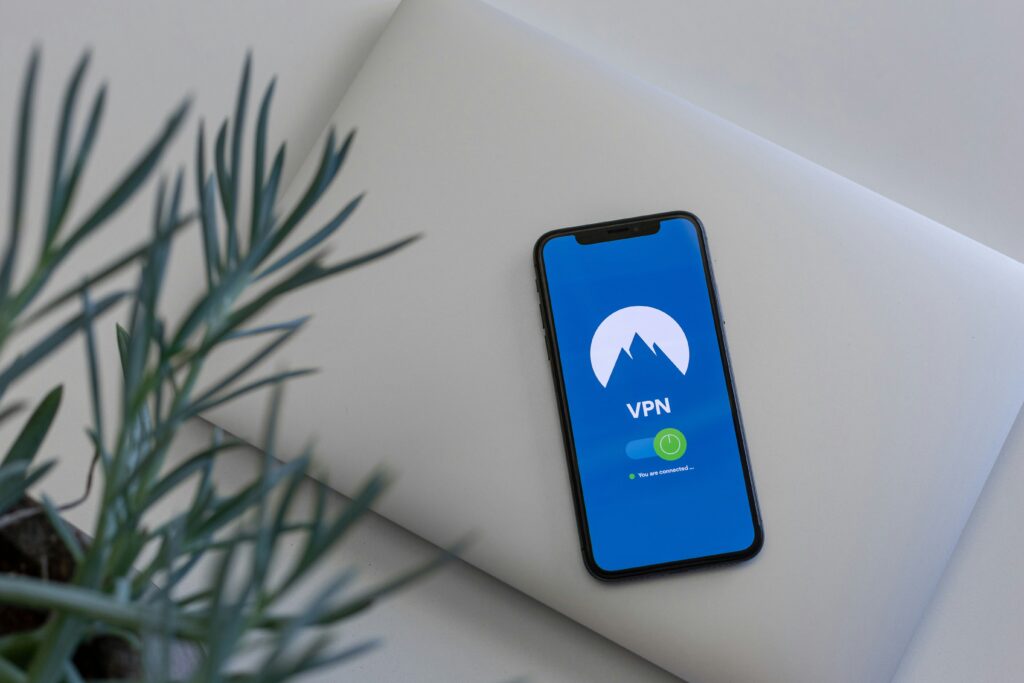Have you ever wondered about the sophisticated cyber-espionage techniques lurking in the shadowy corners of the internet? In an age rife with digital threats, it’s increasingly common to hear unsettling news about state-sponsored hacking groups wreaking havoc across the globe. This article will shine a light on the recent activities of a Russian state-sponsored hacking group using commercial spyware exploits to target victims, shedding light on the tactics and implications.
The Rise of Russian State-Sponsored Hacking
In a groundbreaking report from Google’s Threat Analysis Group (TAG), it was revealed that a Russian state-sponsored hacking group, identified as APT29, targeted Mongolian government websites using advanced techniques. Interestingly, these methods bore a striking resemblance to those employed by commercial spyware vendors like NSO Group and Intellexa.
APT29: Who Are They?
Known by several aliases, including Cozy Bear and the Dukes, APT29 is a sophisticated and resourceful cyber-espionage group believed to operate under the aegis of the Russian government. These operators are anything but amateurs; their tactics, techniques, and procedures (TTPs) are often on par with those of top-tier commercial spyware vendors.
Why Mongolian Government Websites?
APT29’s focus on Mongolian government websites is particularly intriguing. Between November 2023 and July 2024, the group carried out multiple “watering hole” attacks on two key Mongolian websites. Insight from the Google TAG report suggested that the hackers may have targeted these platforms due to their frequent use by governmental employees, thus making them fertile ground for espionage and exploitation.

The Tactics: Watering Hole Attacks
What Are Watering Hole Attacks?
You might be familiar with the concept of a watering hole in the jungle where all animals gather to drink, making them easy targets for predators. In cybersecurity, a watering hole attack operates on a similar principle. The attackers compromise a website highly frequented by a specific target group, in this case, government employees, to distribute malware or exploit vulnerabilities.
Target Websites and Attack Timeline
The two websites compromised in these attacks were:
- cabinet.gov.mn – compromised in November 2023
- mfa.gov.mn – compromised in February 2024 and again in July 2024
These compromised websites took advantage of vulnerabilities in both Apple’s Safari browser and Google Chrome on Android, effectively targeting users across multiple platforms.
Exploiting Browser Vulnerabilities
The attacks leveraged the following vulnerabilities:
- CVE-2023-41993: An iOS WebKit exploit used to steal user account cookies in Safari.
- CVE-2024-5274 and CVE-2024-4671: Chrome exploit chains targeting Android users.
Although these vulnerabilities had already been patched, the attackers targeted users who had not yet updated their devices, highlighting the importance of timely software updates.

Insight into the Exploits
Reuse of Commercial Spyware Techniques
One of the most astonishing revelations from the Google TAG report was the discovery that APT29 used exploits almost identical to those developed by commercial spyware vendors NSO Group and Intellexa. This scenario marks one of the first instances of a state-sponsored group employing methods from the commercial surveillance industry.
Timeline of Exploit Development and Reuse
To better understand this phenomenon, let’s take a look at a simplified timeline:
| Date | Exploit Developed | Vendor | Reuse by APT29 |
|---|---|---|---|
| Early 2023 | CVE-2023-41993 | NSO Group | Late 2023 |
| Mid 2023 | CVE-2024-5274 | Intellexa | Mid 2024 |
| Mid 2023 | CVE-2024-4671 | NSO Group | Mid 2024 |
The reuse of these exploits indicates either a direct acquisition from the vendors or effective reverse-engineering by APT29, emphasizing the permeable boundary between commercial spyware and state-sponsored cyber activities.
Implications of Exploit Reuse
The primary concern here is the rapid dissemination of sophisticated exploits initially developed by the private sector to government-sponsored threat actors. This transcends beyond a mere cyber-heist to a severe threat to international cybersecurity norms and safeguards.

Mitigating the Risks of Spyware
The growing sophistication and frequency of such attacks necessitate heightened vigilance and comprehensive cybersecurity measures. Let’s delve into some key steps you can take to protect yourself from falling prey to such exploits.
Keeping Software Up-To-Date
Always ensure your operating systems, browsers, and software are up-to-date. Vendors often release patches addressing known vulnerabilities, and failing to apply these updates could leave your devices exposed to attacks.
Employing Advanced Security Solutions
Consider using advanced security solutions like endpoint detection and response (EDR) systems, intrusion detection systems (IDS), and anti-malware tools to fortify your defenses against emerging threats.
User Education and Awareness
One of the most effective strategies is educating yourself and your team about potential threats and safe online practices. Awareness can significantly reduce the risk of falling victim to phishing scams, watering hole attacks, and other sophisticated cyber threats.
Regular Security Audits
Conducting regular security audits and vulnerability assessments is crucial. These audits can help identify potential weaknesses in your systems and ensure that appropriate security measures are in place.

What the Future Holds
As commercial surveillance technology continues to evolve, the boundary between private sector innovations and state-sponsored cyber threats is becoming increasingly blurred. This convergence amplifies the need for robust international cybersecurity standards and cooperation. Here’s what we can anticipate in the near future:
Increased Regulatory Scrutiny
Governments worldwide might impose stricter regulations on the development and sale of commercial spyware. This scrutiny can potentially limit the proliferation of these advanced techniques into the hands of malicious actors.
Heightened Threat Intelligence Sharing
Greater emphasis will likely be placed on sharing threat intelligence between governments, private sector firms, and cybersecurity experts. Collaborative efforts can enhance our collective defense mechanisms against evolving threats.
Ongoing Cybersecurity Advancements
As threats continue to grow in complexity, advancements in cybersecurity will keep pace. Expect to see more sophisticated detection, prevention, and response systems designed to mitigate the risks posed by advanced exploits.

Recap: Key Takeaways from the Recent Attacks
The Attack
The Russian state-sponsored hacking group APT29 targeted Mongolian government websites between November 2023 and July 2024, employing watering hole attacks to exploit vulnerabilities in Safari and Chrome browsers.
The Exploits
The group used exploits (CVE-2023-41993, CVE-2024-5274, CVE-2024-4671) that were almost identical to those developed by commercial spyware vendors NSO Group and Intellexa, marking a significant convergence between state-sponsored and commercial cyber-espionage techniques.
Mitigation
Timely software updates, advanced security solutions, user education, and regular security audits are crucial steps in mitigating the risks posed by such advanced cyber threats.
This story is a stark reminder of the evolving landscape of cybersecurity threats and the necessity for constant vigilance and proactive measures. As we navigate this digital era, understanding the intricacies of these attacks and implementing robust security practices can help safeguard our digital lives.
Source: https://www.infosecurity-magazine.com/news/russian-hackers-spyware-exploits/

